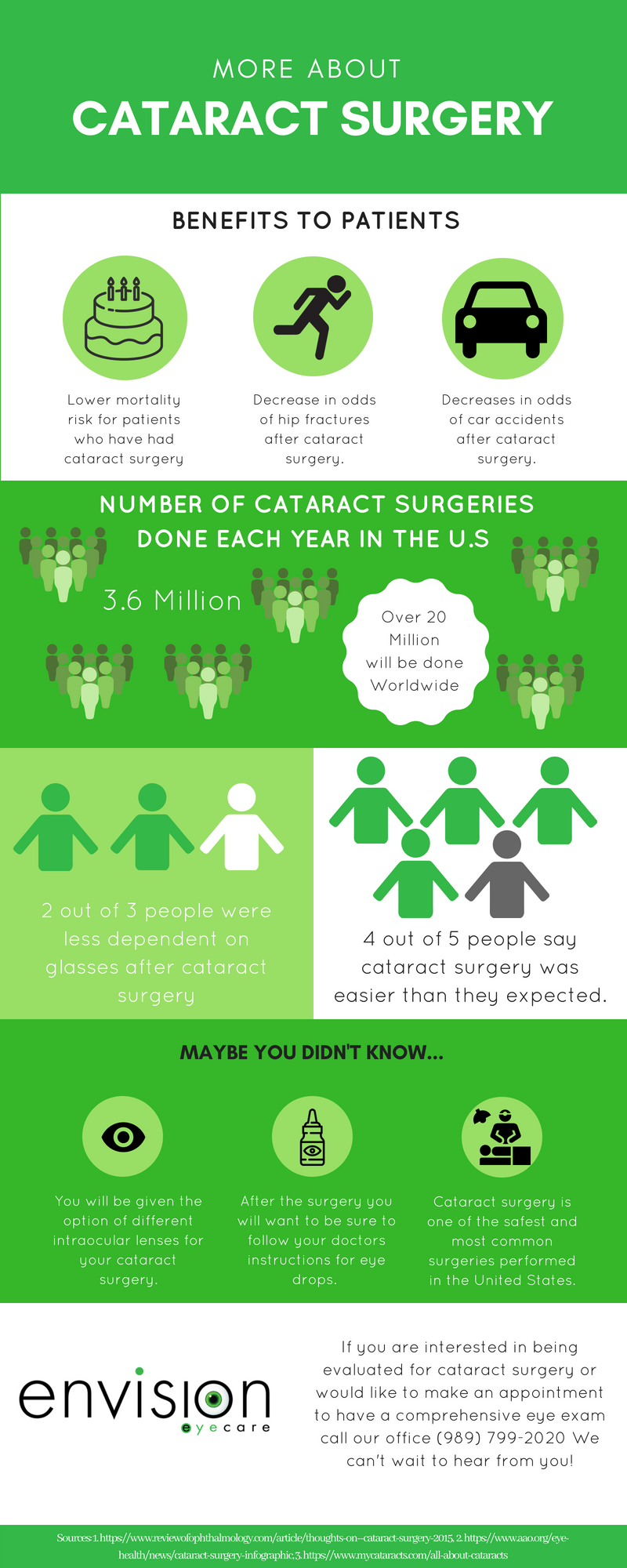Assisting A Loved One Going Through Cataract Surgery: Insights From A Caregiver'S Perspective
Assisting A Loved One Going Through Cataract Surgery: Insights From A Caregiver'S Perspective
Blog Article
Author-Sweet Block
As a caretaker sustaining a liked one encountering cataract surgical procedure, your role is vital in ensuring their comfort and healing. From pre-surgery preparations to post-operative treatment, your presence and assistance can make a significant distinction in their journey. Understanding LASIK Light Halo and physical obstacles they might come across, providing useful assistance, and being their pillar of support are crucial elements in this process. Bear in mind, your role surpasses just providing support; it's about being a source of strength and comfort throughout a considerable phase in their life.
Recognizing Cataract Surgical Treatment Process
Checking out the actions involved in cataract surgery can help minimize any kind of stress and anxiety or unpredictability you may have regarding the treatment. Cataract surgical treatment is a typical and extremely successful treatment that involves removing the cloudy lens in your eye and changing it with a clear synthetic lens.
Prior to the surgical procedure, your eye will be numbed with eye decreases or an injection to guarantee you don't feel any pain during the procedure. The doctor will certainly make a small cut in your eye to access the cataract and break it up using ultrasound waves prior to carefully removing it.
When the cataract is removed, the synthetic lens will certainly be inserted in its location. The whole surgery commonly takes about 15-30 minutes per eye and is usually done one eye each time.
After the surgery, you may experience some light discomfort or blurred vision, but this is regular and need to boost as your eye heals.
Readying for Surgery Together
To make certain a smooth and trouble-free experience, planning for cataract surgical treatment with each other can make a considerable difference in your enjoyed one's journey. Begin by attending pre-surgery consultations with them. This way, you can ask questions, recognize the treatment, and provide emotional support.
Help them organize their pre-operative instructions, medications, and transportation to and from the surgical center. Ensure their home is ready for their recovery by setting up a comfortable room with easy accessibility to necessary items.
Assist them in scheduling post-operative treatment if needed, such as help with dishes or household tasks. Motivate them to follow the doctor's advice regarding fasting prior to surgery and medication methods.
Guarantee them that you'll be there for them every step of the method. By proactively participating in the prep work procedure, you can minimize anxiety and make sure that your liked one feels sustained and looked after throughout this important time.
Post-Operative Care Tips
After cataract surgery, supplying appropriate post-operative care is crucial for your loved one's recuperation. cataract surgery nursing interventions use the protective guard over their eye as instructed by the physician. Help them provide recommended eye decreases and drugs on schedule to avoid infection and aid healing.
Encourage your liked one to prevent touching or scrubing their eyes, as this can result in problems. Help them in complying with any kind of constraints on bending, raising heavy items, or taking part in arduous tasks to stop pressure on the eyes. Make sure they participate in all follow-up consultations with the eye physician for keeping track of progress.
Keep the eye location tidy and dry, staying clear of water or soap straight in the eyes. Motivate your liked one to wear sunglasses to protect their eyes from brilliant light and glare throughout the healing procedure. Hold your horses and encouraging as they recoup, offering assistance with day-to-day tasks as required.
cataract surgery best lenses
In conclusion, supporting a loved one through cataract surgical treatment entails being there every action of the means, from pre-surgery preparations to post-operative treatment. Your emotional support, practical help, and support can make a significant distinction in their recovery procedure. By remaining informed, organized, and alert to their needs, you can assist make sure a successful outcome and offer them with the convenience and peace of mind they need throughout this difficult time.
